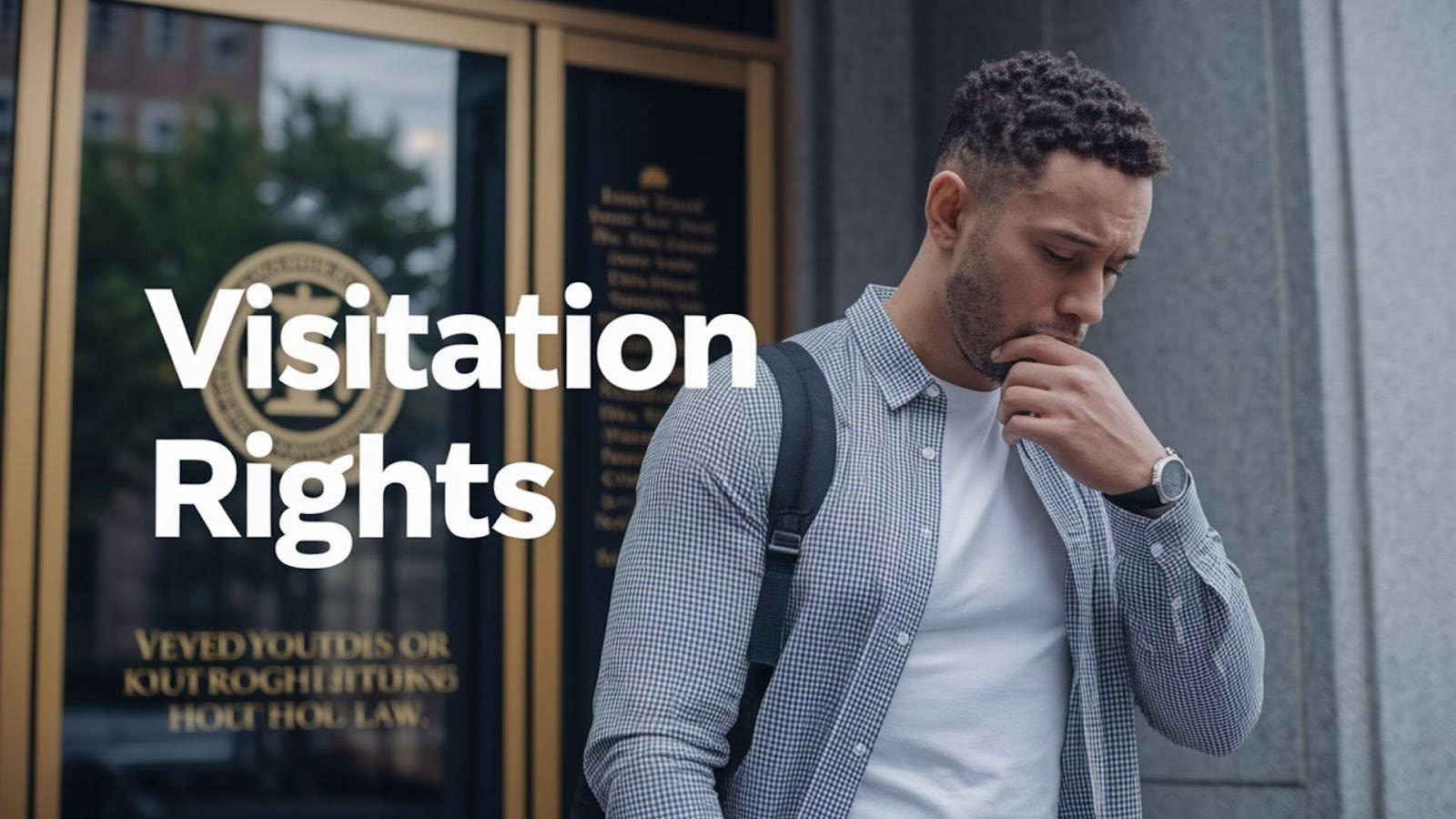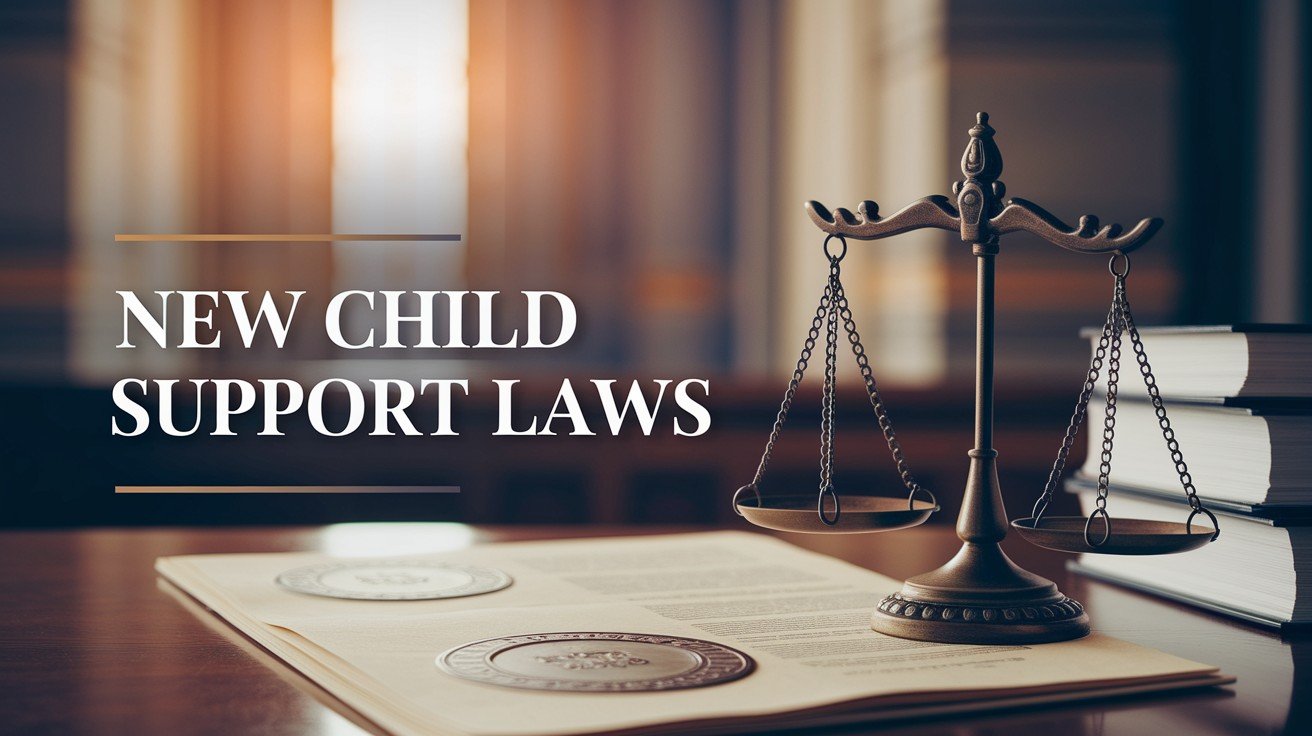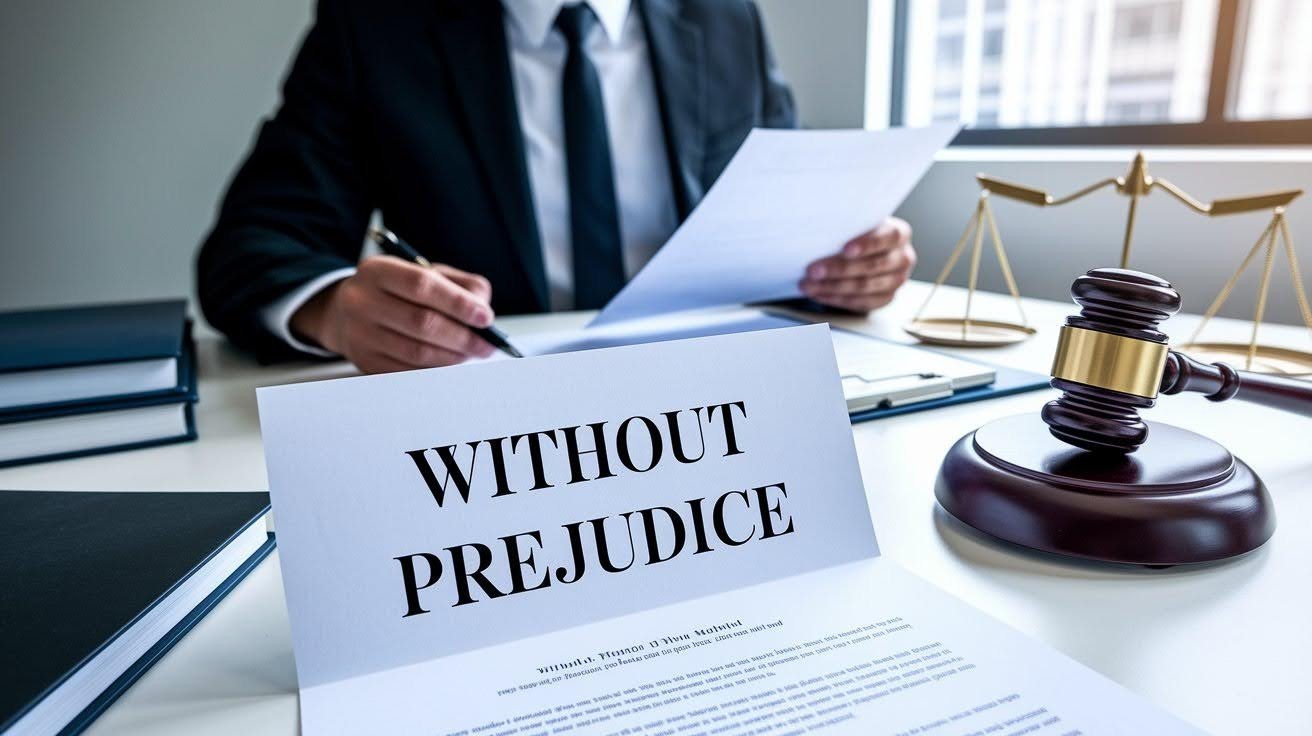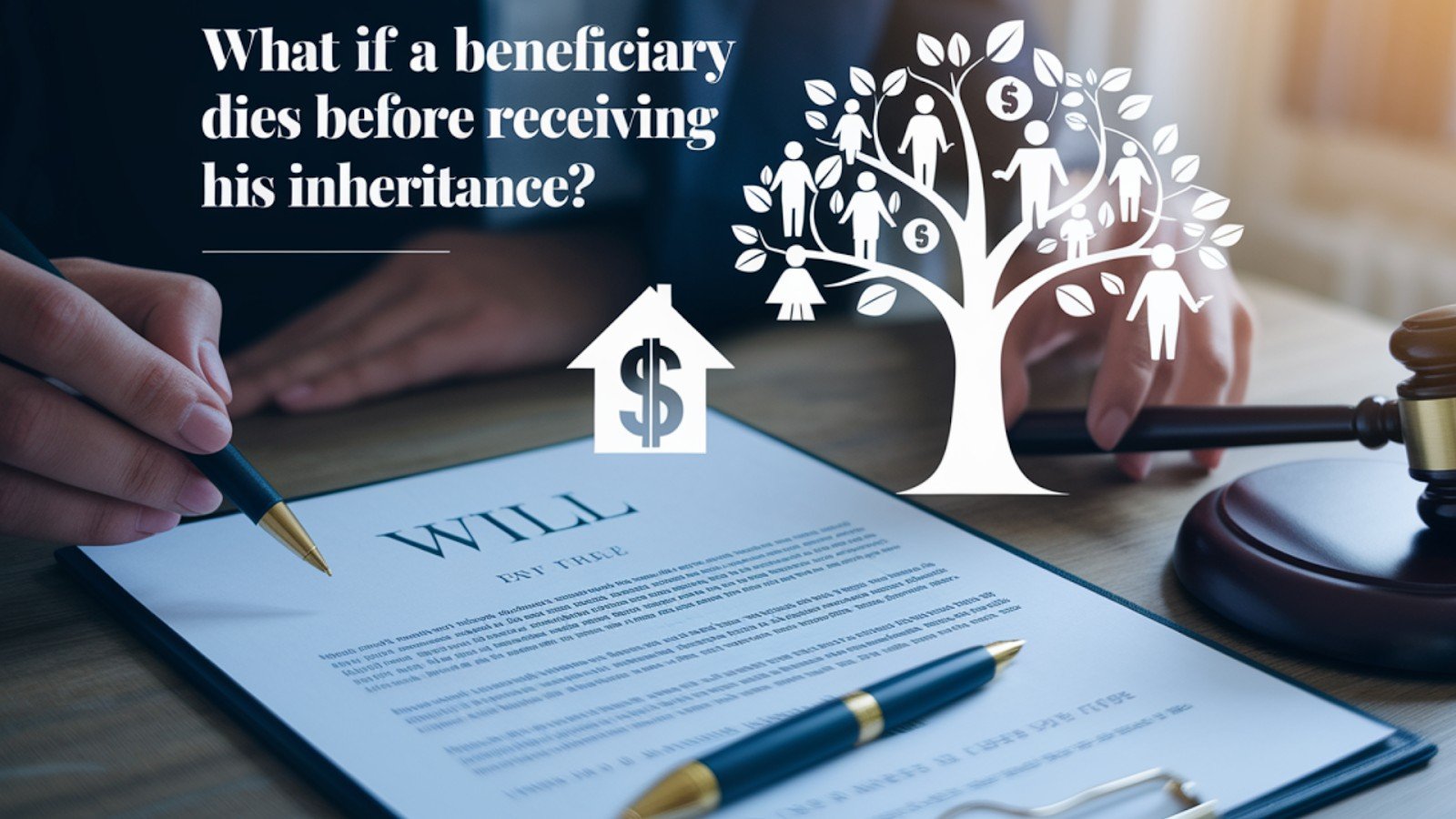Losing time with your child is certainly the biggest concern for fathers. The courts do not take away visitation rights in a light manner. It is because a serious reason always exists when courts do so.
This blog explains in exact detail why fathers lose visitation rights, as well as what you can do to protect them. We also plan to cover common reasons for court intervention, plus all issues like severe and even minor abuse.
Real court cases provide this information directly, and you can trust it. Fathers fight for their rights, while others have been seen losing all of them.
This guide helps you understand legal visitation rights, what courts consider best, and actions that risk your rights. Importantly, you’ll learn how to keep spending time mostly with your child.
Reasons That Can End Visitation Rights
Courts remove visitation rights when fathers create danger for their children. These reasons range from serious crimes to patterns of harmful behavior. I’ll show you the main causes so you can avoid them.
Child Abuse or Neglect

Any form of child abuse leads to immediate loss of visitation rights. Courts act fast to protect children from harm. Physical abuse includes hitting, shaking, or causing any bodily injury to a child.
Emotional abuse can be just as damaging as physical harm. This means constant yelling, threats, or making a child feel worthless. Sexual abuse results in instant termination of all parental rights.
Neglect happens when you fail to provide basic needs. Children need food, clean clothes, medical care, and safe shelter. Courts check these basics during every case.
Domestic Violence in the Home

Violence in any form makes homes unsafe for children. Even if you never hit your child directly, fighting with others affects them deeply. Courts see any violence as a threat to child safety.
Children who witness violence suffer long-term damage. They may develop anxiety, depression, or behavioral problems. Creating a peaceful home environment protects your visitation rights.
One incident of domestic violence can end your rights forever. Courts take these situations very seriously. You must show that your home is completely safe for children.
Substance Abuse Problems

Drug or alcohol addiction puts children in immediate danger. Courts worry about impaired judgment and unsafe situations. Addiction affects your ability to watch children properly.
Using substances during visitation time is especially harmful. Children need alert, responsible adults caring for them. Being under the influence creates emergencies that courts cannot ignore.
Addiction often leads to other problems, like neglect. Substance abuse makes it hard to provide proper meals, supervision, and care. Courts see this pattern and act to protect children.
Criminal Activity and Convictions

Certain crimes automatically affect your visitation rights. Sex offenses, violent crimes, and drug trafficking pose direct risks to children. Courts review your criminal history carefully.
Recent criminal activity is worse than old convictions. If you’re still breaking the law, courts assume you’ll put children at risk. Ongoing illegal behavior shows poor judgment around kids.
Being a registered sex offender usually ends visitation completely. Courts cannot take chances with children’s safety. This restriction applies even for non-violent sex crimes.
Mental or Emotional Abuse

Constant criticism and put-downs damage children’s self-esteem. Calling kids names or telling them they’re worthless causes lasting harm. Courts protect children from this type of abuse.
Using children for your emotional needs is harmful manipulation. Kids shouldn’t hear about adult problems or relationship issues. They need stability, not emotional burdens.
Emotional abuse is harder to prove but just as serious. Courts look for patterns of harmful behavior over time. One bad day differs from ongoing emotional damage.
Unsafe Living Conditions

Your home must be safe and clean for children to visit. Courts inspect living conditions to check for hazards. Houses with broken stairs, exposed wires, or mold create dangerous situations.
Basic utilities like water, heat, and electricity are required. Children need working bathrooms, clean drinking water, and proper lighting. Missing these basics shows neglect of child welfare.
Hoarding, pest problems, or structural damage end visitation rights. These conditions threaten children’s health and safety. Courts won’t allow visits in dangerous homes.
Untreated Mental Health Issues

Severe mental illness can impair your parenting ability. Conditions like untreated bipolar disorder create unpredictable situations for children. Courts need proof you’re managing your mental health properly.
Getting treatment shows you care about being a good parent. Taking medication and attending therapy demonstrates responsibility. Refusing help suggests you don’t prioritize your child’s safety.
Mental health problems become serious when they affect children. Mood swings, paranoia, or erratic behavior scare kids. Courts step in when mental illness creates unsafe environments.
Exposing Children to Dangerous People

The people you bring around your child matter to the courts. Friends or partners with criminal histories pose risks to children. You’re responsible for screening everyone in your child’s environment.
Dating someone with abuse charges threatens your visitation rights. Courts assume you make poor choices about child safety. Background checks on new partners protect your relationship with your child.
Drug dealers, gang members, or violent people cannot be around children. Courts see these associations as putting kids in danger. Choose your companions carefully to protect your parental rights.
Parental Alienation Tactics

Trying to turn your child against their mother backfires badly. Courts punish parents who damage the child’s relationship with the other parent. This behavior hurts children emotionally.
Using your child as a messenger creates harmful conflict. Kids shouldn’t carry adult messages between parents. This puts unnecessary stress on children and violates court expectations.
Speaking badly about the other parent damages your own case. Courts want parents who support healthy relationships. Alienation tactics often result in reduced or supervised visitation.
Inappropriate Behavior During Visits

Your behavior during visitation must be appropriate for children. Using bad language, showing violent movies, or acting scary confuses and frightens kids. Courts expect mature, responsible conduct.
Age-appropriate activities and conversations are required. Young children shouldn’t hear about adult relationships, financial problems, or court issues. Keep visits focused on fun, positive experiences.
Making children uncomfortable or afraid ends the visitation quickly. Courts prioritize children’s emotional safety above parental rights. One inappropriate incident can change everything.
Breaking Court Orders

Following court orders exactly protects your visitation rights. Missing scheduled visits or ignoring the judge’s rules shows disrespect for the legal process. Courts take compliance very seriously.
Repeated violations lead to more restrictions, not fewer. Each time you break rules, courts impose stricter limits. Eventually, you may lose all visitation privileges completely.
Court-mandated classes and programs must be completed fully. Anger management, parenting classes, or counseling requirements cannot be ignored. Finishing these programs shows commitment to improvement.
Conclusion
Now you know exactly what puts your relationship with your child at risk and how a father can lose visitation rights. Follow court rules as well as keep your child safe: that is the key.
In various situations, fathers could have prevented the loss of visitation rights. In some situations, fathers lose those rights. If you avoid abuse, stay sober, and keep up a clean home, you protect your parental rights. When it is safe, courts want children to relate to both parents.
Always keep in mind that it is better to prevent it. To restore is simply not as good as prevention. Once visitation rights are lost, then to get them back requires months or years of legal proceedings. Focus, therefore, on being the credible, responsible father your child needs.
Frequently Asked Questions
What are the most common reasons fathers lose visitation rights?
The most common reasons include child abuse or neglect, domestic violence, substance abuse problems, criminal activity, and repeatedly breaking court orders. Courts also remove rights for unsafe living conditions, exposing children to dangerous people, or failing to follow parenting schedules consistently.
Can a father lose visitation rights for missing scheduled visits?
Yes, consistently missing scheduled visitation times can lead to losing rights. Courts view this as showing disinterest in the child or unreliability. Occasional emergencies are understood, but a pattern of missed visits demonstrates a lack of commitment to the child’s well-being.
Does substance abuse automatically end a father’s visitation rights?
Not automatically, but substance abuse creates serious concerns for courts. Active addiction, using drugs or alcohol during visits, or refusing treatment often results in supervised or terminated visitation. Getting professional help and maintaining sobriety can help protect your rights.
Can mental health issues cause a father to lose visitation rights?
Untreated mental health problems that create unsafe situations for children can affect visitation rights. However, fathers who seek treatment, take medication as prescribed, and manage their conditions properly typically maintain their visitation. The key is showing responsibility for your mental health.
How quickly can courts remove a father’s visitation rights?
Courts can remove visitation rights immediately in emergencies involving abuse, violence, or danger to the child. For less severe issues, courts typically provide warnings or supervised visitation before complete termination. Emergency removals happen within days when child safety is at risk.










